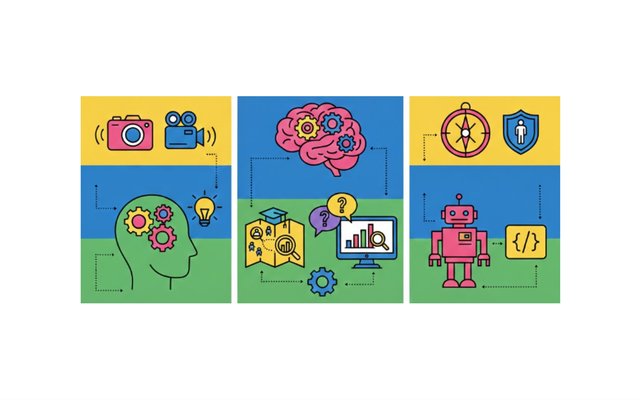Beyond GDPR: Using the UK AI Product Safety Standards to Judge Your Assessment Tools
In this series, we’ve been arguing that sovereignty is the only sustainable path for professional judgment in an agentic world. We started by looking at the infrastructure we’ll need for sovereign intelligence, then at the difference between sovereign systems and AI wrappers, and most recently at dark patterns that steer people into feeding someone else’s models.










